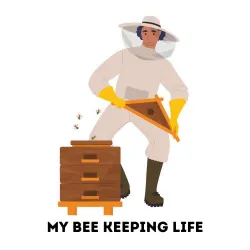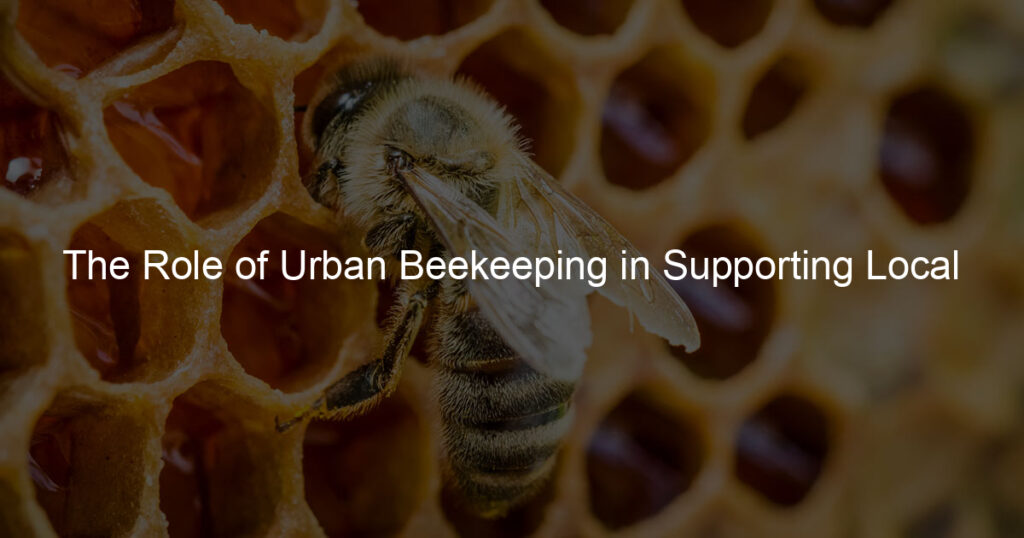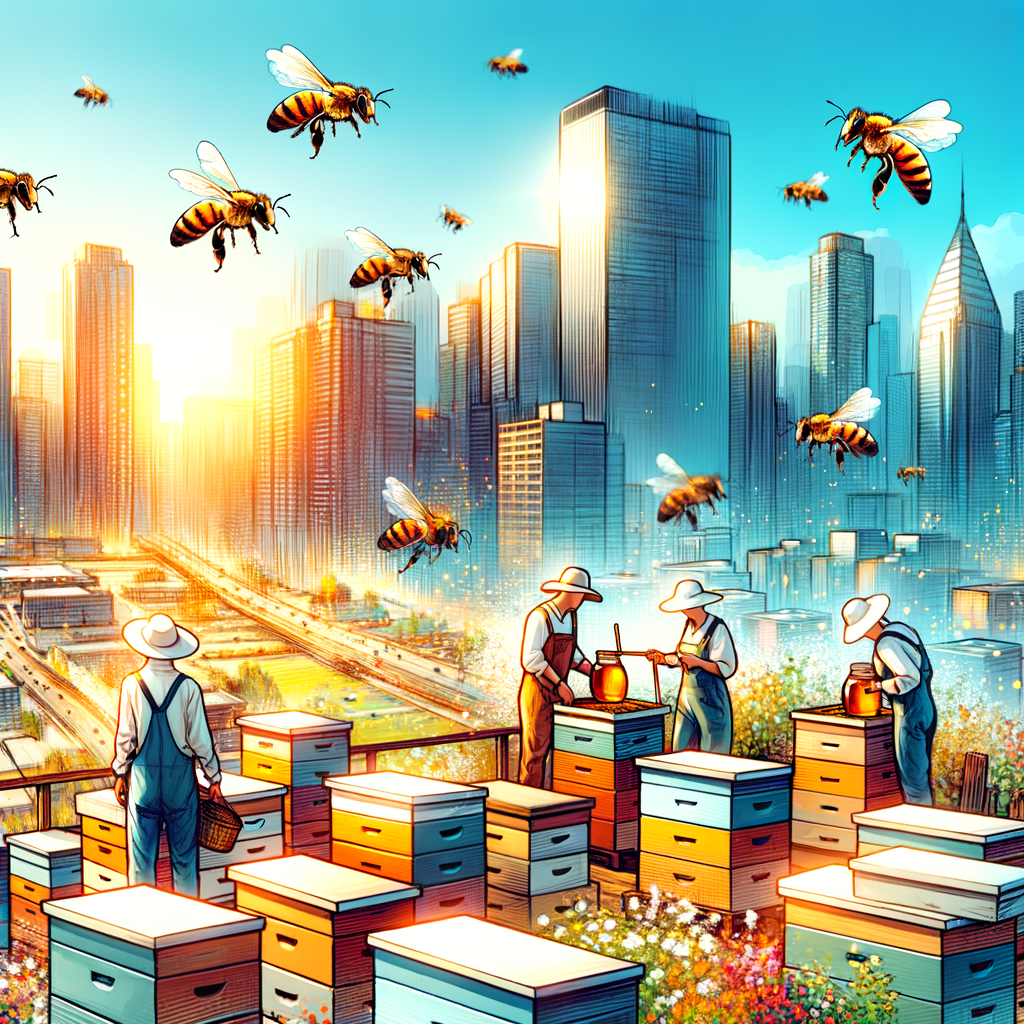Urban beekeeping is an important part of supporting local ecosystems. By providing a habitat for bees, urban beekeepers can help to improve the health of pollinators and promote biodiversity.
Additionally, urban beekeeping can provide a source of honey and other products for humans. With so many benefits, it’s no wonder that urban beekeeping is on the rise!
How does urban beekeeping help the environment?
Urban beekeeping is an increasingly popular activity in many cities, and it has plenty of environmental benefits!
It supports local pollination efforts and helps contribute to a healthy ecosystem. At the same time, it encourages more people to become involved with green initiatives and ecology-friendly habits.
For example, one urban beekeeper might be inspired to start composting or use sustainable forms of transportation. The ripple effect of this type of education can extend far beyond any single individual or group.
Overall, urban beekeeping is an important way for individuals living in cities to positively impact our environment and help protect the future of our planet.
What major role do bees play in the ecosystem?
Bees are often underestimated for their role in the ecosystem, however, this diminutive insect plays a major part in pollination and global food production. Without bees, many flowering plants would not be able to reproduce, leading to an eventual decrease in global yield agriculturally.
Bees also provide us with a large variety of products such as honey and wax. Furthermore, bees play a vital role in garden diversity and the general health of surrounding plant life.
The global crisis that is Colony Collapse Disorder threatens global commerce through effects on agriculture and put into perspective the importance of this species as many farmers can no longer rely on these important pollinators. Without bees, our world would look very different indeed!
What is the role of beekeeping in sustainable agriculture?
Beekeeping is becoming increasingly important in the world of sustainable agriculture.
Using bees to pollinate crops can help increase crop yields while maintaining healthy, balanced ecosystems. This process works by introducing beehives into fields where crops are grown and allowing bees to naturally spread pollen from one flower to another, thereby helping plants reproduce.
Aside from increasing crop yields, beekeepers can also help restore native plant species in ecologically sensitive areas, such as those struggling with climate change or habitat destruction.
Furthermore, sustainable beekeeping practices ensure that honeybees remain healthy and productive for generations to come. By providing a steady source of income for rural communities, sustainable beekeeping serves as an essential element of preserving agricultural heritage and ensuring the well-being of both people and nature.
Is Urban Beekeeping Sustainable?
Urban beekeeping has been gaining traction as an innovative way to help our environment, but questions remain on whether or not it is truly sustainable.
This practice involves taking beehives into built-up residential and commercial areas to take advantage of a wealth of available flora for bees to feast upon. Proponents of urban beekeeping believe that it provides several advantages, one of the main being greater temperature stability due to the prevalence of heated and air-conditioned buildings throughout cities.
Additionally, there is a richer variety of plants for bees to forage on in these densely packed centers, which can make them healthier than those relying solely on rural sources of pollen.
However, critics argue that longer ship distances and increased usage of plastic packaging associated with feed are making urban beekeeping more detrimental to the environment than traditional methods. Thus, while there is potential for this approach to foster sustainability, much work needs to be done to ensure it has a net positive effect.
How does beekeeping help the economy?
Beekeeping has a tremendous positive impact on the economy. Not only does beekeeping provide honey for sale and consumption, but it also plays an important role in pollination and increases crop yields which, in turn, helps to drive down food production costs.
Through pollination and honey production, beekeeping provides income to local farmers and businesses involved in honey processing or related industries.
Additionally, with more plants and crops being grown due to the extra help from bees, global food security is helped immensely. Beekeeping also provides jobs for many people throughout the world and contributes significantly to the economic welfare of both small communities as well as countries worldwide.
Conclusion
Overall, urban beekeeping is a great way to restore and maintain local ecosystems. It helps protect our local pollinators from disease and provides them with nectar sources, as well as essential vitamins and minerals that can help to keep them healthy.
Through urban beekeeping, we are also helping to expand food production while providing vital micro-ecosystems which bring beauty and life to the area around us. Not to mention the great sense of satisfaction that comes with nurturing these little buzzing friends!
Moreover, it’s important to put in effort for maintaining the health of our private gardens and public green spaces so that all creatures living there receive enough nourishment for thriving throughout the seasons. Urban beekeeping helps create more connected, sustainable cities and allows everyone involved to have a more positive connection with their environment.








